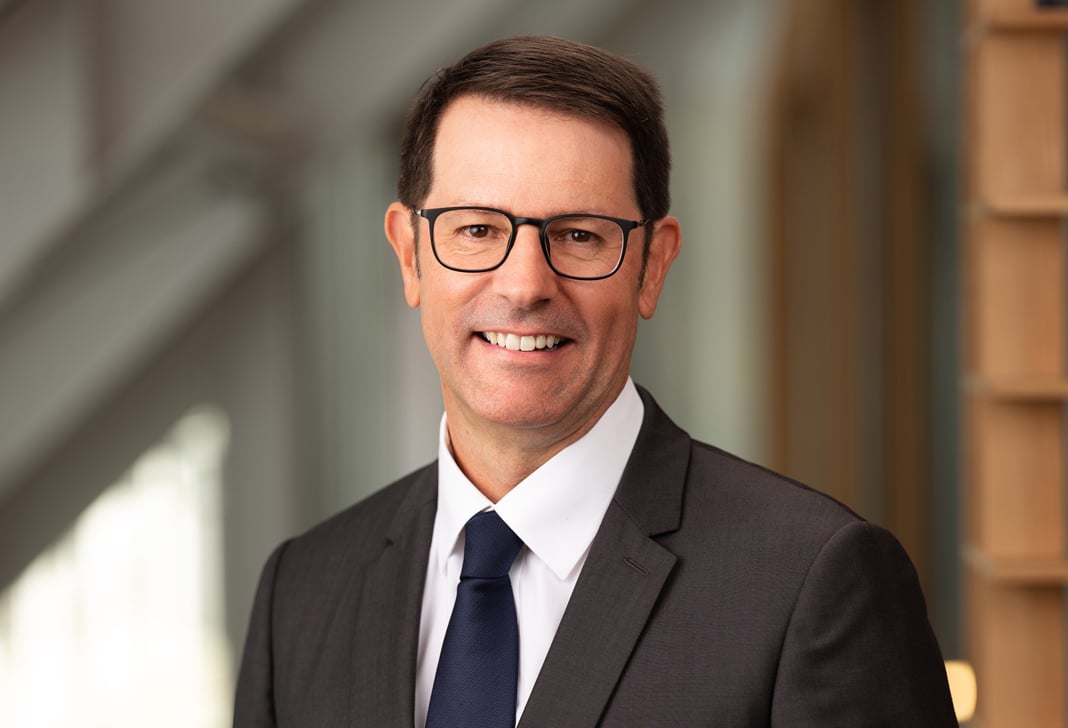
Litigation Funding in Australia: More Swings and Roundabouts as Lawyers Withdraw Application to be Funders
Key Points
- The application to the Federal Court of Australia for lawyers to be able to fund class actions through related entities and circumvent the prohibition on contingency fees has been withdrawn.
- Third-party litigation funding remains a driving force behind class action litigation
- The Commonwealth Attorney-General looks likely to impose further regulation on litigation funding.
Background
In Australia, lawyers are forbidden to undertake litigation on a contingency fee basis. For example, section 325 of the Legal Profession Act 2004 (NSW) states:
A law practice must not enter into a costs agreement under which the amount payable to the law practice, or any part of that amount, is calculated by reference to the amount of any award or settlement or the value of any property that may be recovered in any proceedings to which the agreement relates.
However, this prohibition does not apply to non-lawyers. Consequently, third-party litigation funders may contract to fund litigation on the basis that if the litigation is successful, the funder is entitled to a percentage of the recovery.
Lawyers as Funders
Maurice Blackburn, a firm known for its expertise in the shareholder and cartel class actions area, created its own funder: the Claims Funding Australia Trust, which has as its trustee Claims Funding Australia Pty Limited ("CFA"). Two of the law firm's senior principals are shareholders in CFA, and a third is one of CFA's three directors. The two shareholders hold their shares on trust for Maurice Blackburn. Further, all of Maurice Blackburn's principals are beneficiaries of the discretionary trust. An independent manager, Class Management Pty Ltd, was appointed to manage the assets of the trust and provide various services including recommendations for the funding of litigation.
On 27 August 2012, the manager issued a recommendation that CFA co-fund the Equine Influenza class action with another funder, Argentum Centaur EI Funding Private Limited ("Argentum"). The Equine Influenza class action (Clasul Pty Ltd v Commonwealth of Australia) involved claims for damages in negligence against the Commonwealth of Australia by entities that suffered economic loss due to the outbreak of equine influenza from the Eastern Creek Quarantine Station in August 2007. On 25 October 2012, CFA and Argentum entered into a co-funding agreement. Maurice Blackburn was retained as the lawyers for the Equine Influenza class action.
Group members had the option of choosing either a co-funding arrangement between Argentum and CFA (for which they would have to pay 25 percent of any recovery), or funding from Argentum alone (for which they would have to pay 27.5 percent of any recovery). If the co-funding agreement was chosen, the group members were required to agree to waive any conflict or potential conflict of interest that might arise as a result of CFA being owned by Maurice Blackburn's principals or associated entities.
Due to the novel nature of a law firm creating a litigation funder, the trustee of the funder sought approval to fund the Equine Influenza class action. The request for approval was referred to the Full Federal Court to ensure that the trustee would be "justified" in providing funding and performing its obligations under the funding agreement. The Full Federal Court was to hear a special case involving eight questions of law, including whether Maurice Blackburn contravened section 325 of the Legal Profession Act 2004 (NSW), whether Maurice Blackburn had a conflict of interest, and whether the waiver of conflicts of interest was effective.
Application Withdrawn
On 29 January 2014, CFA withdrew its application to fund the Equine Influenza class action. Maurice Blackburn explained the position to the group members as follows:
Recent statements by the new Commonwealth Attorney-General have led to a change in the funding arrangements for the equine influenza class action.…
The new Commonwealth Attorney-General has plainly stated that he is proposing to introduce further regulation of litigation funding and that he is strongly opposed to litigation funding companies, that are owned by the principals of law firms, funding lawsuits in which that law firm represents the claimants.
In these circumstances it seems likely that even if Court approval were obtained the co-funding arrangement will be prohibited by regulation. This situation has led Claims Funding Australia to withdraw its application to the Court for approval of the co-funding model.
Ramifications
The outcome of the special case would not only have affected the Equine Influenza class action, but also other class actions where CFA was to be a funder and Maurice Blackburn were to be the lawyers, such as Shearpond Pty Ltd v Atune Financial Solution Pty Ltd and Blairgowrie Trading Ltd v Allco Finance Group Ltd. CFA will now need to consider whether it continues funding cases but with the risk of contravening the law.
If the CFA structure were approved by the Full Federal Court, then it would be open for other solicitors to create their own funding companies to provide financing for the cases in which they were acting. If law firms were able to establish litigation funding entities to which they could direct clients, and from which they could then indirectly receive a proportion of the client's recovery, then Australia would have had contingency fees in substance. Such a model may have been more lucrative than the U.S. contingency fee model as there was no suggestion that the fee paid to the funder would replace the fee to the lawyer. Rather, group members would be required to pay both if their case were successful.
The statements attributed to the Commonwealth Attorney-General suggest that further regulation of litigation funding is likely to be forthcoming. A licensing scheme and some form of capital adequacy requirements should be at the top of the list. The current absence of a licensing regime means any person or entity can fund class action litigation in Australia (except for lawyers). A license permits a person or firm to operate in a market provided they have obtained the requisite permission and comply with the conditions of the license. The conditions of the license can include specified levels of competency (such as education) and restrictions based on status or background (such as a criminal record, past or present bankruptcy, or the cancellation of a previous license). No such criteria is currently required to be fulfilled to fund litigation in Australia.
The regulatory regime in Australia also contains no capital adequacy requirements. As a result, there is no protection for applicants (or respondents) that the funder has sufficient resources to be able to pay legal fees and meet any adverse costs order, unless an order for security for costs can be obtained. This creates the potential for inadequately resourced subsidiaries to pursue litigation and may also attract overseas-based funders who are beyond the reach of Australian courts.
The attempt to circumvent the prohibition on contingency fees also raises for discussion whether the Australian states should amend their statutes governing the legal profession and allow lawyers to charge contingency fees directly. The responses to this issue in other jurisdictions, particularly in the United Kingdom, which legalized its version of contingency fees—damages-based agreements—from 1 April 2013 have been of interest in Australia. However, a change to the contingency fee prohibition implicates a range of policy issues.
Lawyer Contacts
For further information, please contact your principal Firm representative or one of the lawyers listed below. General email messages may be sent using our "Contact Us" form, which can be found at www.jonesday.com.
John Emmerig
Sydney
+61.2.8272.0506
jemmerig@jonesday.com
Michael Legg
Sydney
+61.2.8272.0720
mlegg@jonesday.com
Jones Day publications should not be construed as legal advice on any specific facts or circumstances. The contents are intended for general information purposes only and may not be quoted or referred to in any other publication or proceeding without the prior written consent of the Firm, to be given or withheld at our discretion. To request reprint permission for any of our publications, please use our "Contact Us" form, which can be found on our website at www.jonesday.com. The mailing of this publication is not intended to create, and receipt of it does not constitute, an attorney-client relationship. The views set forth herein are the personal views of the authors and do not necessarily reflect those of the Firm.


